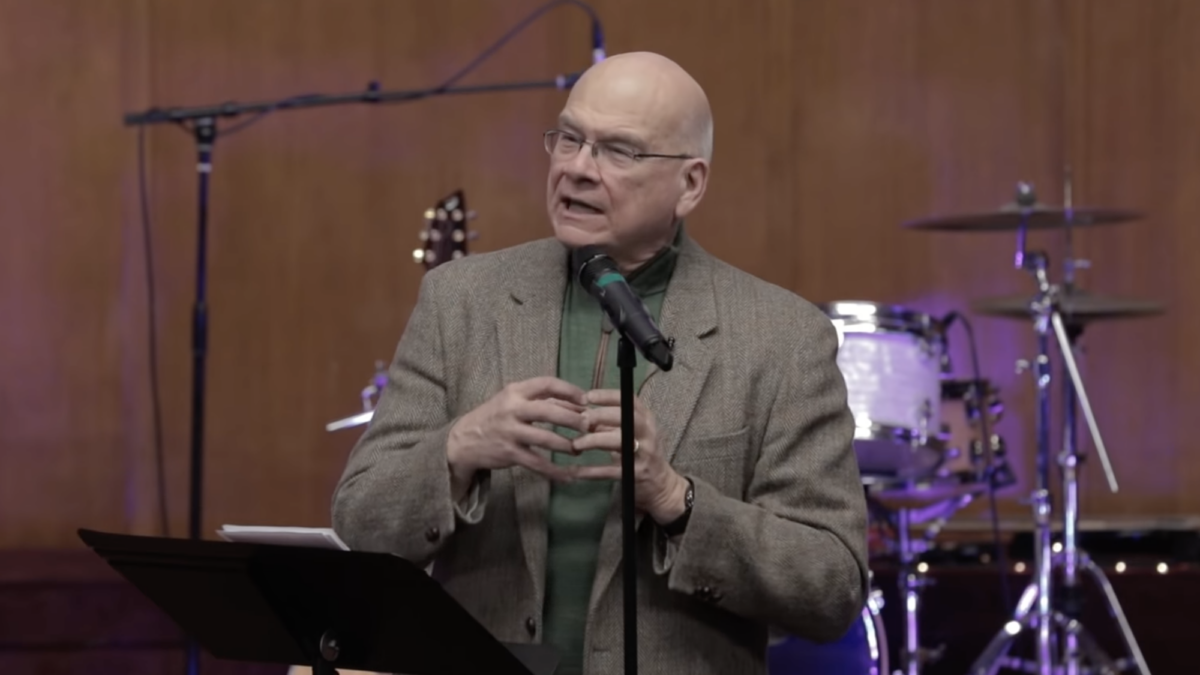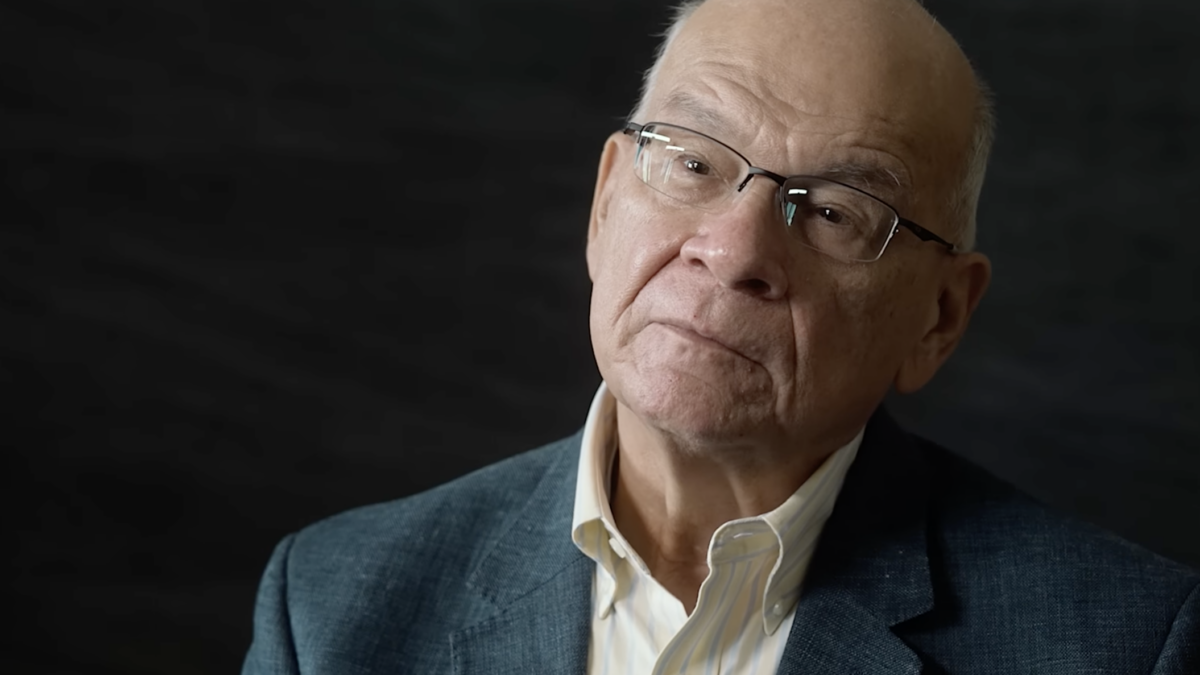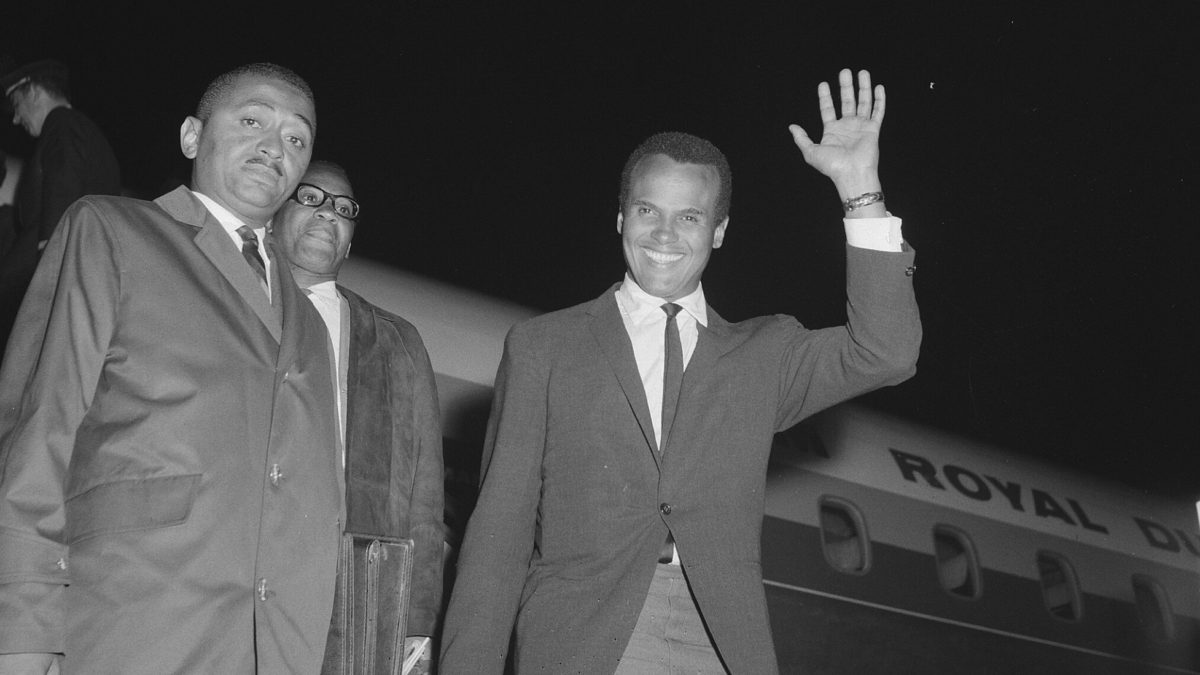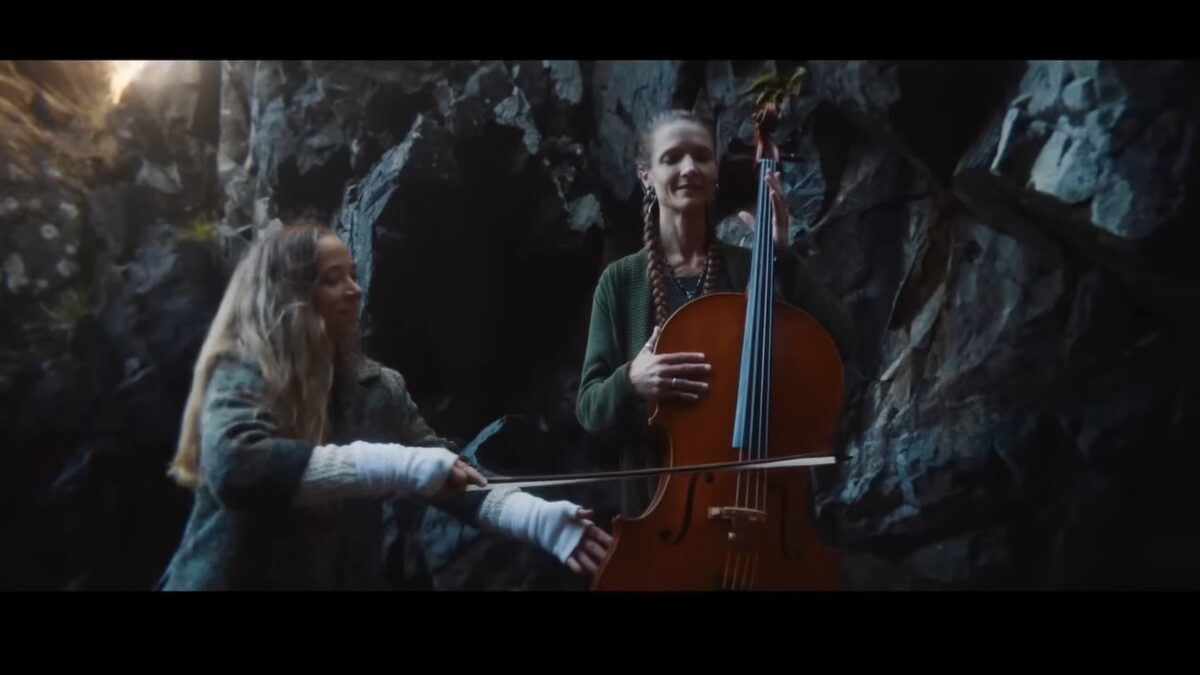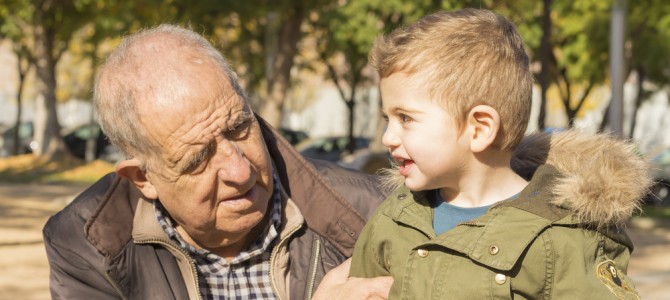
At 81 years old, my Poppop, my mom’s dad, still has a mostly full head of dark hair and a wicked sense of humor. He loves his wife and kids and dogs and the Chesapeake Bay and donuts. And me (probably more than John Wayne movies, but, let’s face it, possibly less than fishing).
For the better part of century, the important things in his life were family, work, and the Baltimore Orioles. What with night shifts and picking blue crabs in the garage, he, like a lot of other people, has not spent much of that time thinking about religion. If you were to ask him to state an absolute truth, it would probably be “Vote Democrat.” He enjoys watching the news (especially the weather and grisly murder coverage, for some reason) but probably couldn’t tell you anything about Holt v. Hobbs.
A few months ago, something happened that surprised him: he started dying. Poppop was diagnosed with cancer this summer, right before his birthday, and he has been fading quickly since then. After a lifetime filled with everyday life, he has suddenly started asking questions that have stirred in humanity since the first people became aware of their own mortality.
“What’s the point of living?” “Why do we all have to die anyway?” And, the big one: “What happens next?”
He’s gotten a variety of answers to these questions. An uncle spoke to him about a higher power. My grandma said what really matters is if the good things from his life outweigh the bad. A cousin shared about being born again.
My other grandpa, my dad’s dad, who is 92, offered this: “A person once told me that when you die, there will be light up ahead, and you just have to walk toward the light. You tell him to look for the light.”
“You can’t tell him that!” someone responded. “You don’t know if it’s true! I heard a famous preacher once say that as we die, he believes there will be a voice, calling us home to God.”
“I like the light,” grandpa retorted. “It’s a lot better than thinking about going into…just going”—he shuddered—”into the dark or nothing or something like that. I’m looking for the light when I go! Didn’t Jesus say he was the light of the world?” If Jesus was on his side, grandpa reasoned he probably won this argument.
The whole conversation brought up a lot of emotions for me. Even as an adult, I feel a sense of amazement at the possibility that there are things my grandparents, for all their decades of accumulated wisdom, just do not know. It is unsettling to listen to my grandfather, who survived being shot down in enemy territory and escaping from Nazi captors in World War II, and hear an edge of what might be fear in his voice.
There is a weight of melancholy in looking down the road with people I love and seeing a wall just in front of them with a door in it which they will walk through soon and close behind them. It is, I don’t know—morbid? Comforting? Sad? Inspiring?—to think I will walk through that same door someday, too.
Mixed in with all of that, it definitely made me feel a powerful sense of gratitude, for the decades I’ve gotten to spend with these funny, wonderful people and for the privilege of being able to have these discussions. I’m so grateful to live in a place where my Poppop can ask about the purpose of his life in his twilight, and he can simply take it for granted that the doors are open for him to walk through when he knows which way to go.
Here neither the government nor anyone else can force him to believe something he thinks is false or disbelieve something he discovers is true. And it should be like that. We should have room to ask and room to walk. Religious groups should be able to select leaders who share their beliefs. Nuns should not be forced to provide birth control. Apache feather dancers should be able to apply for feathers to use in their powwows.
That’s because we all have to live together and probably enjoy suffering through the Orioles getting close but not close enough yet again, and we are all going to die someday.


